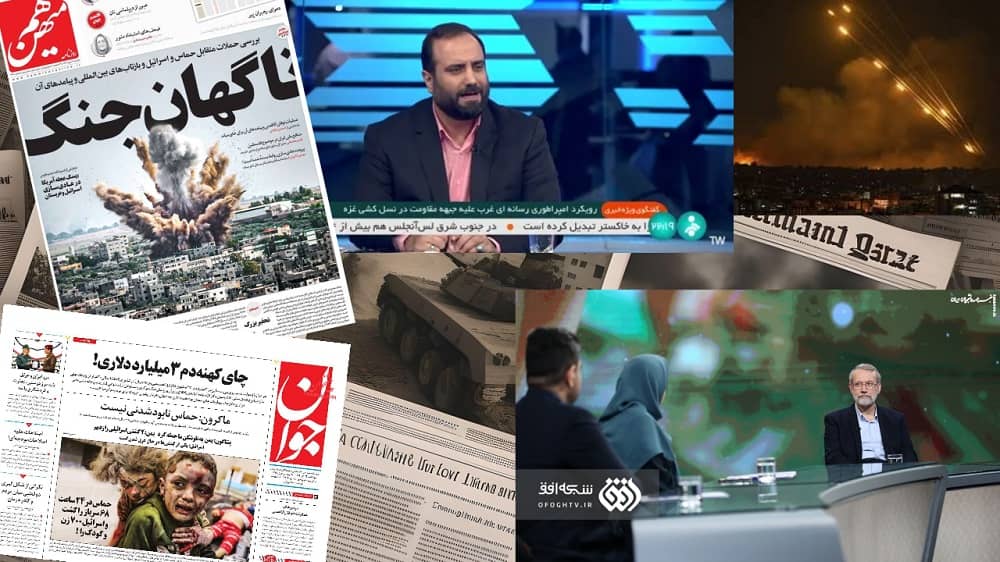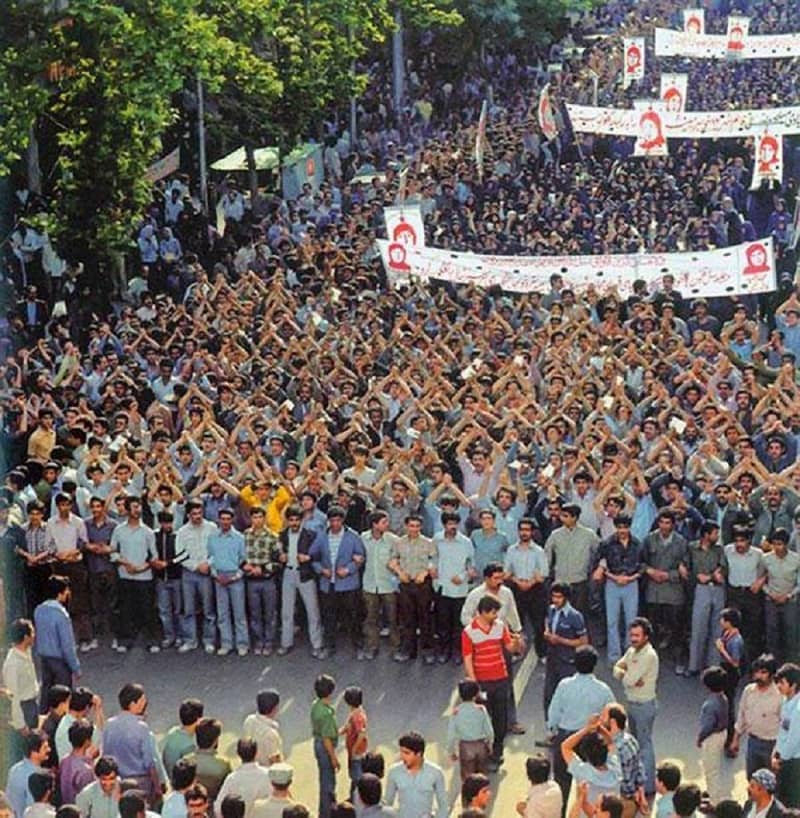
Before the Gaza conflict erupted, Khamenei was already confronting a series of crises. Nationwide uprisings by diverse societal groups, aiming to overthrow his rule, internal strife within the regime, and a faltering economy were exacerbated by the growth of an organized resistance movement gaining international recognition.
As the Gaza war commenced, Khamenei and his inner circle mistakenly believed they could quell the country’s mounting crises without addressing the underlying issues. Their hopes for a miraculous resolution were quickly dashed as global public opinion turned sharply against them, accusing the regime of fueling the conflict in Gaza.
In Iran, citizens expressed their dissent by boycotting state-sponsored rallies and leveraging social media to reject the regime’s narrative. The intensity of protests against the government escalated, signaling the regime could not evade the core issues at hand. Nightly operations by rebellious youth, targeting government centers and security forces, indicated a brewing uprising.
The regime’s response was a harsh crackdown. An acceleration in executions and capital punishments, along with stringent laws, marked an attempt to intimidate and suppress society. Concurrently, a film titled “Colonel Souraya,” produced by the state-affiliated Oj Institution and aimed against the People’s Mojahedin of Iran (PMOI/MEK), was released but failed to resonate with the public. In a peculiar twist, young girls in uniforms resembling the National Liberation Army handed out leaflets in Tehran, urging people to boycott the film – a strategy that backfired and drew public ire.
NCRI Editorial | Deciphering Regime’s Legal Theatrics Against Iran’s Resistance
The objective is to extend suppression of the MEK members & activists to European soil and deny them their fundamental rights.#IranRevolution, #MEK, #Ashraf3, https://t.co/2TFLxkHqyK— NCRI-U.S. Rep Office (@NCRIUS) August 3, 2023
In a revealing interview with Farhikhtegan newspaper, the film’s director Leili Aj admitted her lack of cinema education and her recruitment by the government to direct a movie about the MEK.
She disclosed her research process, which involved reading books published by the Ministry of Intelligence (MOIS) and interviewing former MEK members. Post-release, Aj experienced social ostracism, with many colleagues severing ties, reflecting the unintended consequence of her participation in the regime’s propaganda efforts.
Recently, the regime announced a new trial for 104 MEK and National Council of Resistance of Iran (NCRI) members and officials. Given the regime’s history of executing or assassinating over 120,000 MEK members and supporters, as well as individuals associated with the NCRI, there is widespread skepticism regarding the fairness of these proceedings.

Despite these efforts, the regime’s attempts to divert attention from its internal problems and fabricate external crises are likely to fail. As the Iranian society yearns for liberation from tyranny, it becomes increasingly aware of the entities most feared by Khamenei’s regime.

MEK Iran (follow us on Twitter and Facebook), Maryam Rajavi’s on her site, Twitter & Facebook, NCRI (Twitter & Facebook), and People’s Mojahedin Organization of Iran – MEK IRAN – YouTu







